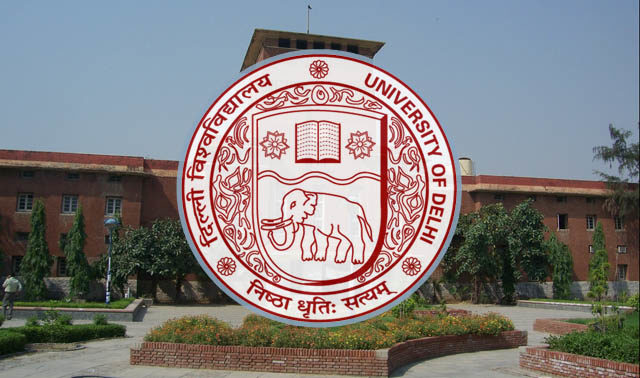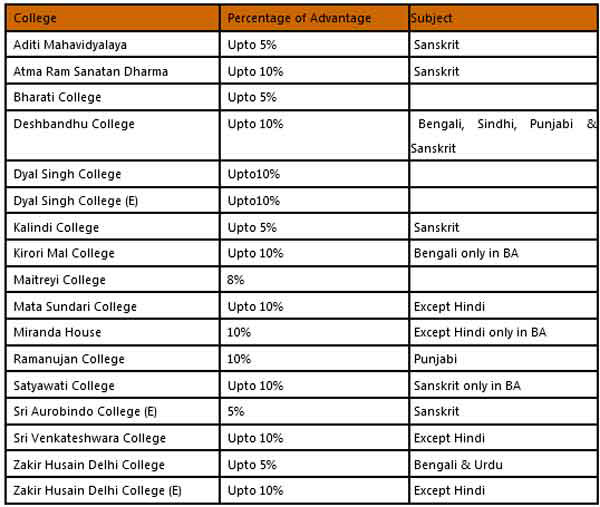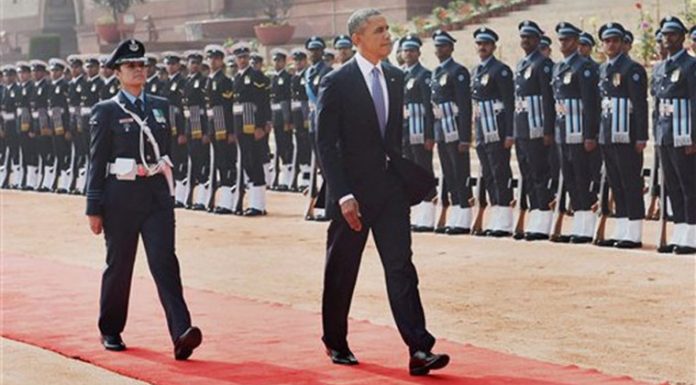Admissions season is upon us. Results have been declared, mark-sheets tallied up, and the premier universities of India will soon be admitting a new crop of students into their hallowed halls. No Indian university is as coveted as Delhi University, with its sprawling campus and the prestige and preference in later life that the initials ‘D.U.’ add to a person’s CV. No wonder then, that the most difficult colleges to get into are those that form a part of this University. So much so, that the cut-offs at some of the colleges have gone as high as 100%!

Any advantage that allows a student to get into DU is not to be taken lightly, then. Of course, being a government university, DU’s colleges are obliged to offer caste-based reservations, so the academic requirements to get in tend to be lower for those not from the General category. But it may be more interesting to note that this ‘accident of birth’ is not the only way to get an advantage for DU admissions. In fact, several colleges offer concessions for students who have studied and wish to pursue courses in certain languages forming part of the ‘MIL’ or ‘Modern Indian Languages’ courses. For 2015, the list was as below:

We see from this that for the BA and BCom courses, there is a distinct advantage – and not a small one – for one group of students over another. After all, the majority of students study Hindi as their second language upto Class 12, which means that those few who study Sanskrit or the other languages have a better chance of getting into DU.
At first glance, this arrangement may appear unfair. However, in this context it is important to try and assess the real impact as well as the reasoning behind this provision.
1. The number of students likely to be advantaged by this is not very high
2. Given the difficulty level of studying the languages covered, especially Sanskrit (which is essentially a classical language with complex grammatical structures) as compared to Hindi or English, it can be argued that certain concessions are only fair.
3. It has long been a Government policy to encourage regional languages and more especially Sanskrit, which is seen as an integral part of our culture. In order to promote spread of the language and get more people to study it at school and graduate levels, offering an incentive like this is no different from tax concessions given for making certain investments
4. By offering a concession and not a reservation, these colleges are offering encouragement to the languages without taking away availability of seats to others. It only tries to bring about a form of ‘affirmative action’ and diversity in the student group, which is not a bad thing.
Finally, whether we consider the advantage fair or not depends on our own perspective. If a student opting for Hindi, just on the edge of admission misses out, he would naturally feel it is unfair, while another might see it as fair if he gets admission due to it. As a neutral person though, perhaps we should see these things as experimental, part of a phase in which India tries to find and claim a cultural identity. Until then, students will suffer – or gain – from these vagaries of the admission process!


























